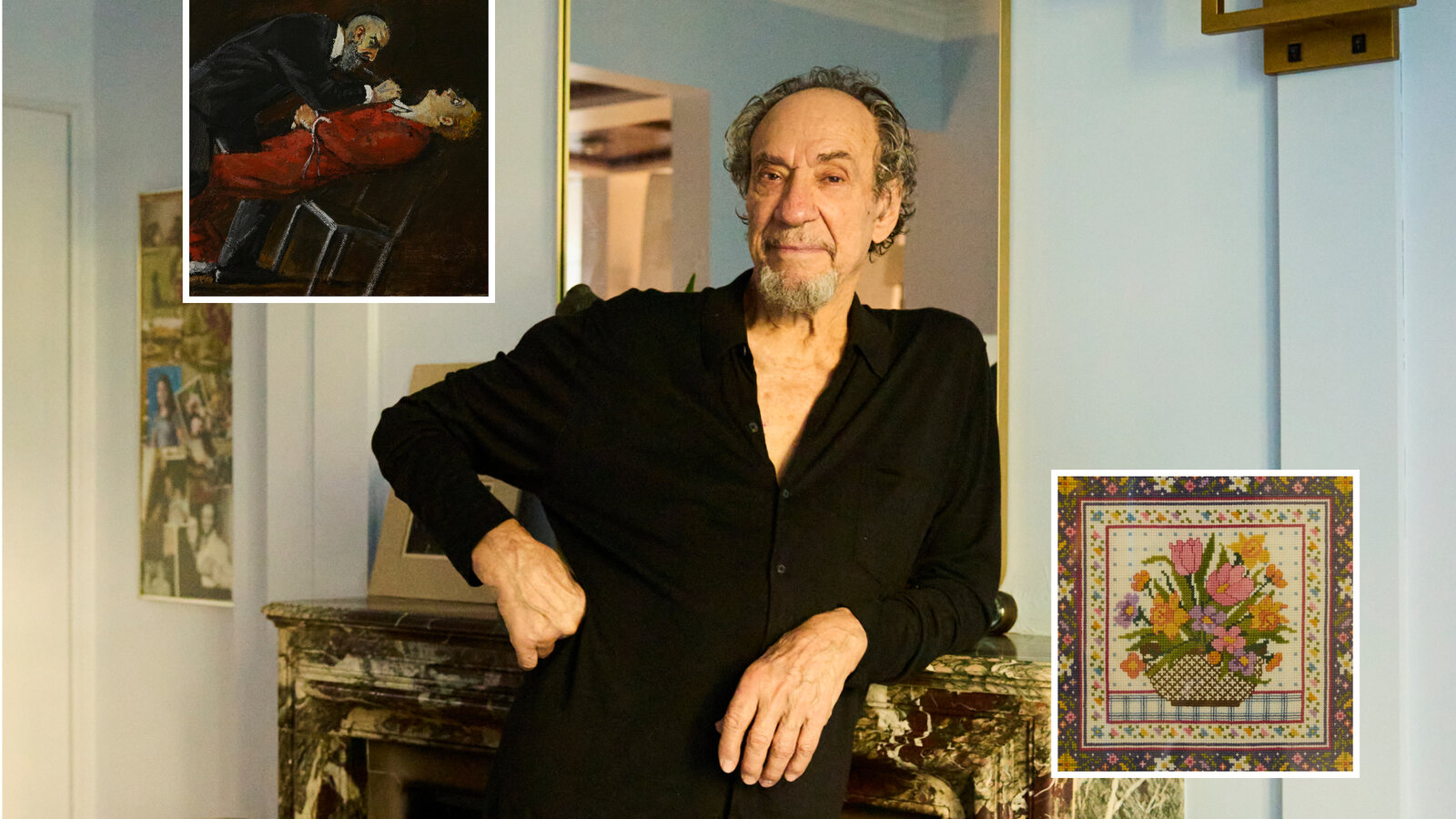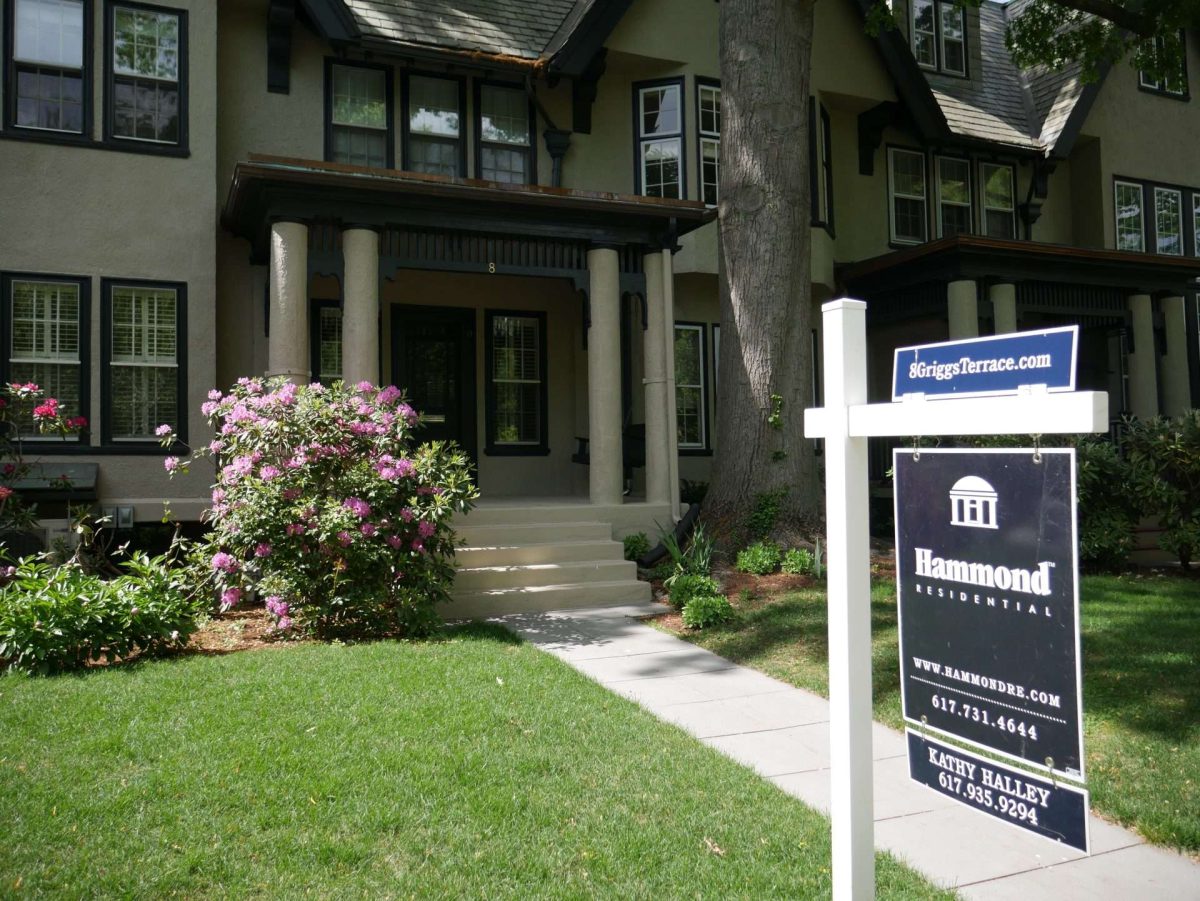I
n his two‑bedroom Manhattan duplex, 86‑year‑old actor F. Murray Abraham reflects on a life that has spanned stage, screen, and home. His late wife of 60 years, Kate Hannan Abraham, passed away three years ago after a long illness. “I didn’t want to change anything in our apartment,” he says, recalling how his daughter urged a makeover. “She was right, but it took time to get there.”
Abraham’s career is a tapestry of accolades. He earned an Academy Award in 1985 for “Amadeus,” appeared in “Scarface,” “Mighty Aphrodite,” and “The Grand Budapest Hotel,” and earned an Emmy nomination for “Homeland.” He recently joined the cast of “The Queen of Versailles” on Broadway and was a second‑season regular on “The White Lotus.” His acting has taken him worldwide, bringing back treasures that now adorn his home.
The duplex’s décor is a blend of personal history and artistic flair. A marble mantle holds photographs and a female statue, while an ornate peacock‑shaped fireplace screen crowns the hearth. The walls are lined with photographs of his daughter and granddaughter, and a collection of his wife’s needlepoint and cross‑stitch work hangs in the living room. “She used to cue me on scripts and do needlepoint while we rehearsed,” he recalls. “My granddaughter grew up here, and we used to walk her to school.”
Renovation began during a month‑long shoot in Latvia. While he was away, Victoria, an interior designer and wife of actor Michael Imperioli—who played his son in “The White Lotus”—led the project. “Let’s return your home to the time when everything was happy,” she urged, convincing him after almost a year. The result is a refreshed space with refinished floors, new paint, marble countertops, and Art Deco accents. Yet the apartment remains a work in progress, with shelves and furniture still to be chosen amid his busy schedule of eight performances a week.
Abraham’s Oscar sits in the maisonette, but it is more often displayed at a nearby bistro known for its foie gras—a dish he loves. “I think you should share an Oscar,” he jokes, reflecting his generosity toward the restaurant’s owner.
The apartment’s bedroom is a golden velvet retreat, a “man cave” that Victoria transformed into a cozy sanctuary. The small office on the ground floor houses a collection of nude paintings by friend Don Perlis, who has painted Abraham’s stage work for four decades, including his acclaimed portrayal of Shylock in “The Merchant of Venice.” Some of Perlis’s portraits of Abraham as Roy Cohn in “Angels in America” now hang in the apartment, a nod to his wife’s preference for those pieces.
The staircase features a brown banister capped with an ivory darning egg, a family heirloom from Kate’s grandmother. A corner of the living room holds a grandfather clock, a side table, and a lamp, while a brown couch faces a window. Abraham’s admiration for Marlon Brando is evident in a side table and bookcase he acquired at Brando’s estate sale, along with a few figurines and lamps.
Abraham’s life in Manhattan began in 1965 when he and Kate moved from Los Angeles to a 52nd‑Street apartment. “I liked crowds, but she didn’t, so I walked to Times Square to look around and found this,” he says, pointing to a well‑flattened horn used for New Year’s Eve celebrations. The apartment’s location offers a sense of privacy and a view of trees and an old church, a contrast to the bustling city below.
Despite the changes, Abraham remains devoted to his craft. “My work is my salvation,” he says, pausing to review lines for “The Queen of Versailles.” At 86, he still feels the same passion that has driven him through decades of acting. He acknowledges that “it’s torture when you’re not working,” but his love for the stage keeps him moving forward.














